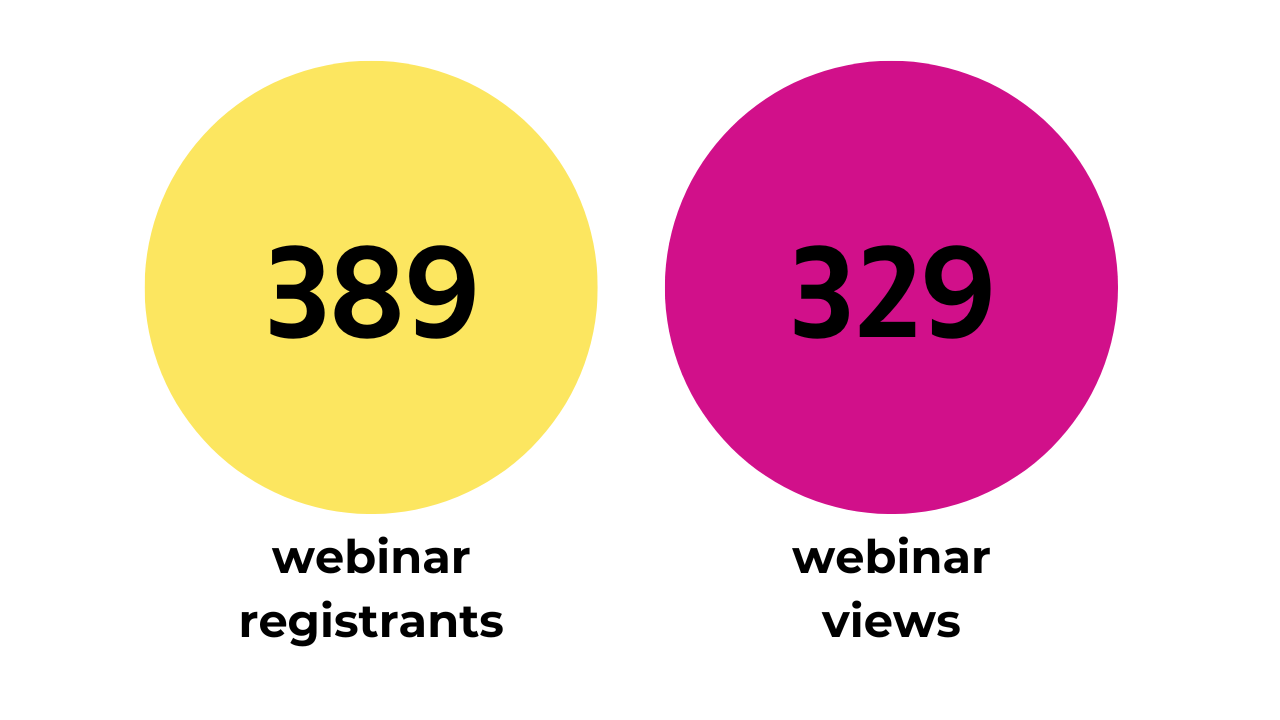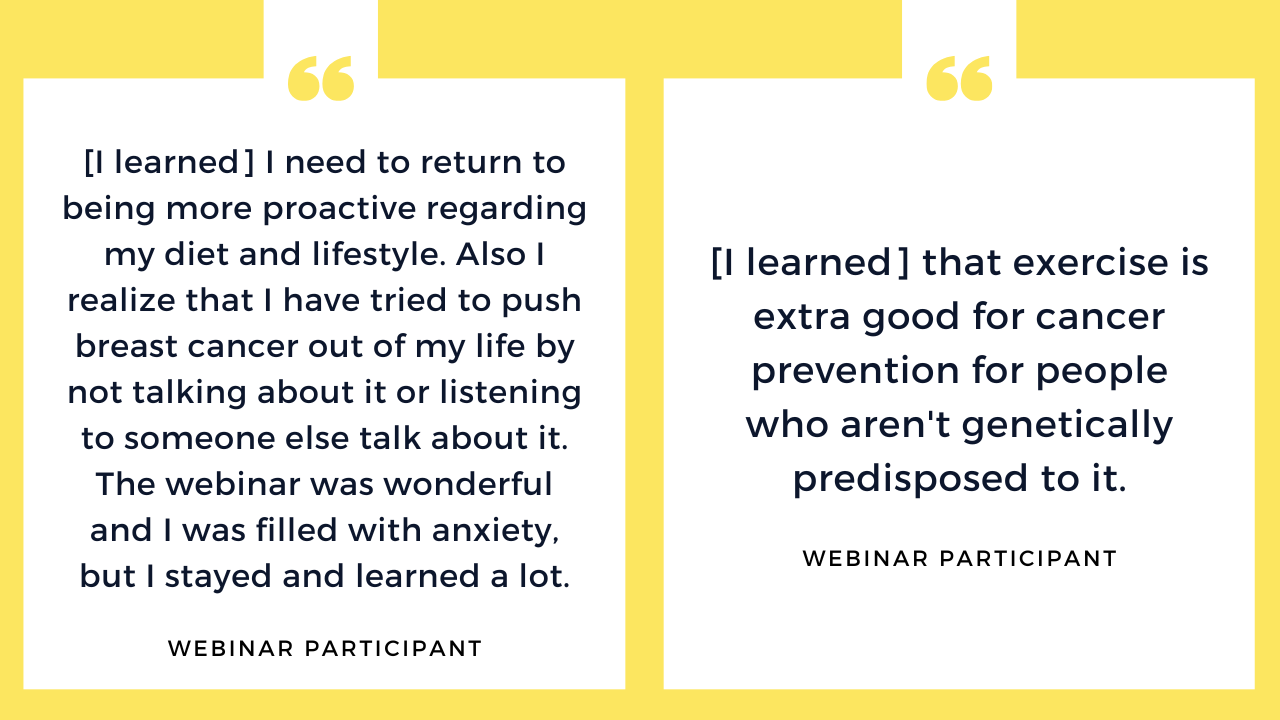2024 saw a huge shift for Zero Breast Cancer as we became part of the Collaborative for Health & Environment (CHE) at Commonweal. The move provides us with both a stronger foundation and wider reach, which means our work will have more impact than ever. As part of the transition, we launched a new, user-friendly website, including a Spanish version with many pages translated by a native speaker. In this report, we highlight our coaching program, activity book, and webinars.
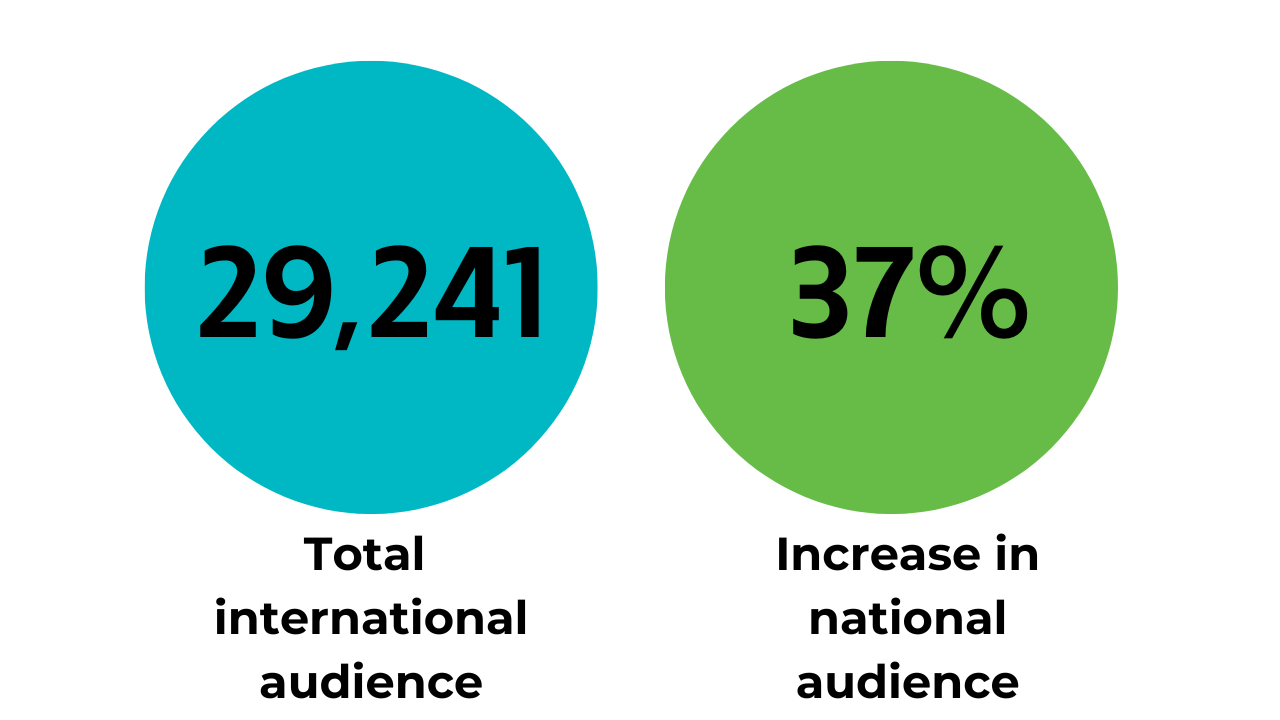
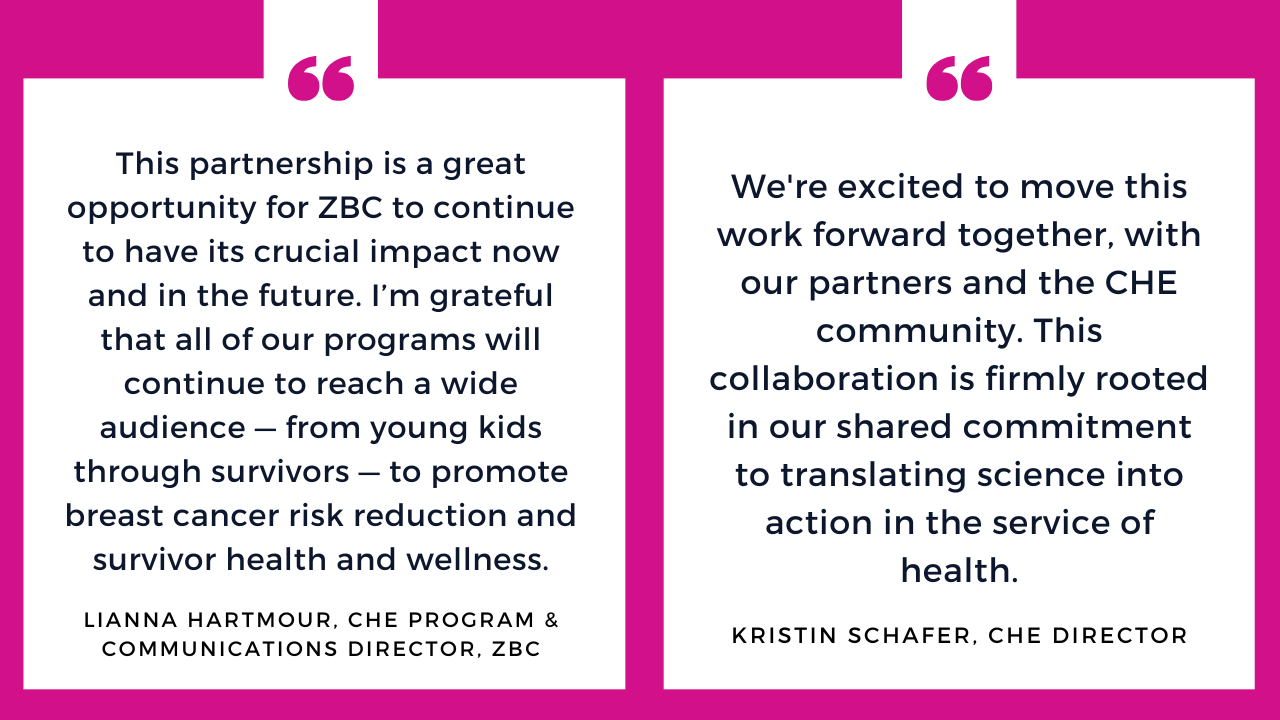
Resilient Me Health & Wellness Coaching
Resilient Me Health & Wellness Coaching was launched in 2024 to directly help breast cancer survivors implement the health and wellness risk reduction methods that Zero Breast Cancer has been promoting for 28 years. Participants receive up to 12 weeks of 1:1 personalized sessions with a certified health and wellness coach to work on establishing healthy habits related to physical activity, diet, sleep, stress management, and/or limiting exposure to toxic chemicals.
In its inaugural year, Resilient Me served 25 clients. Most clients were from the San Francisco Bay Area, with additional clients from elsewhere in California as well as from Georgia, Minnesota, Oregon, and Texas.
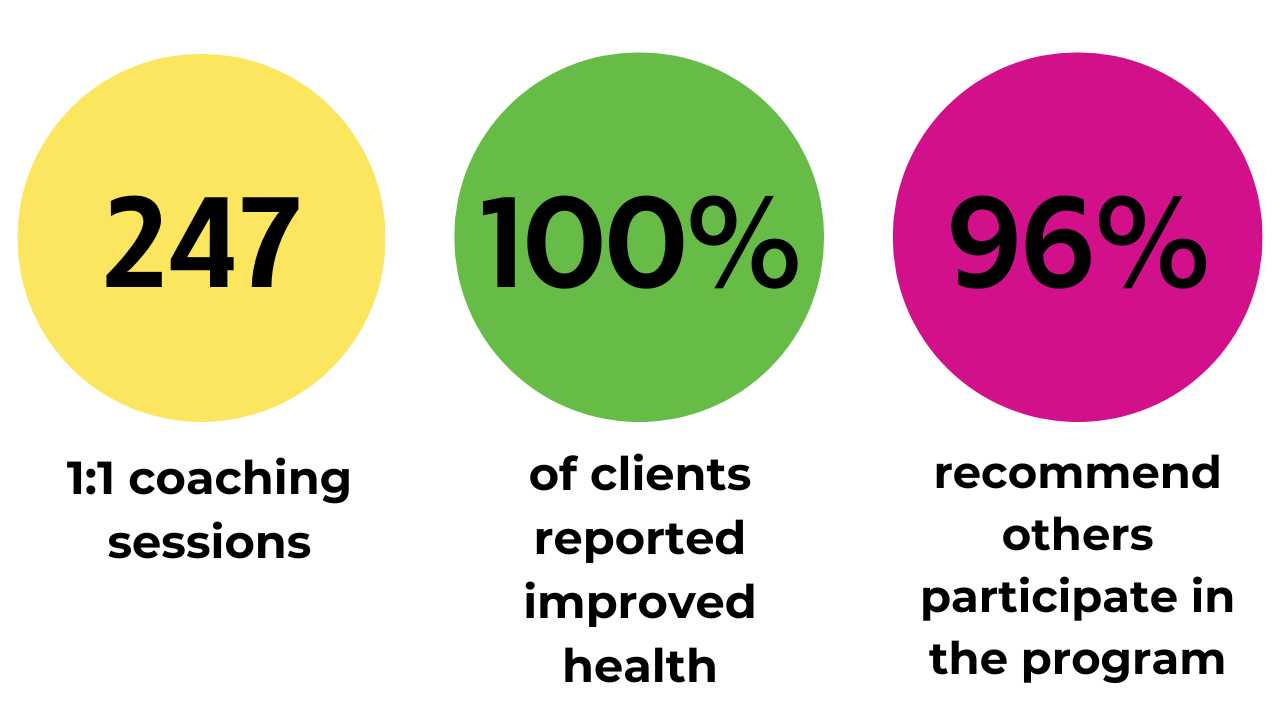
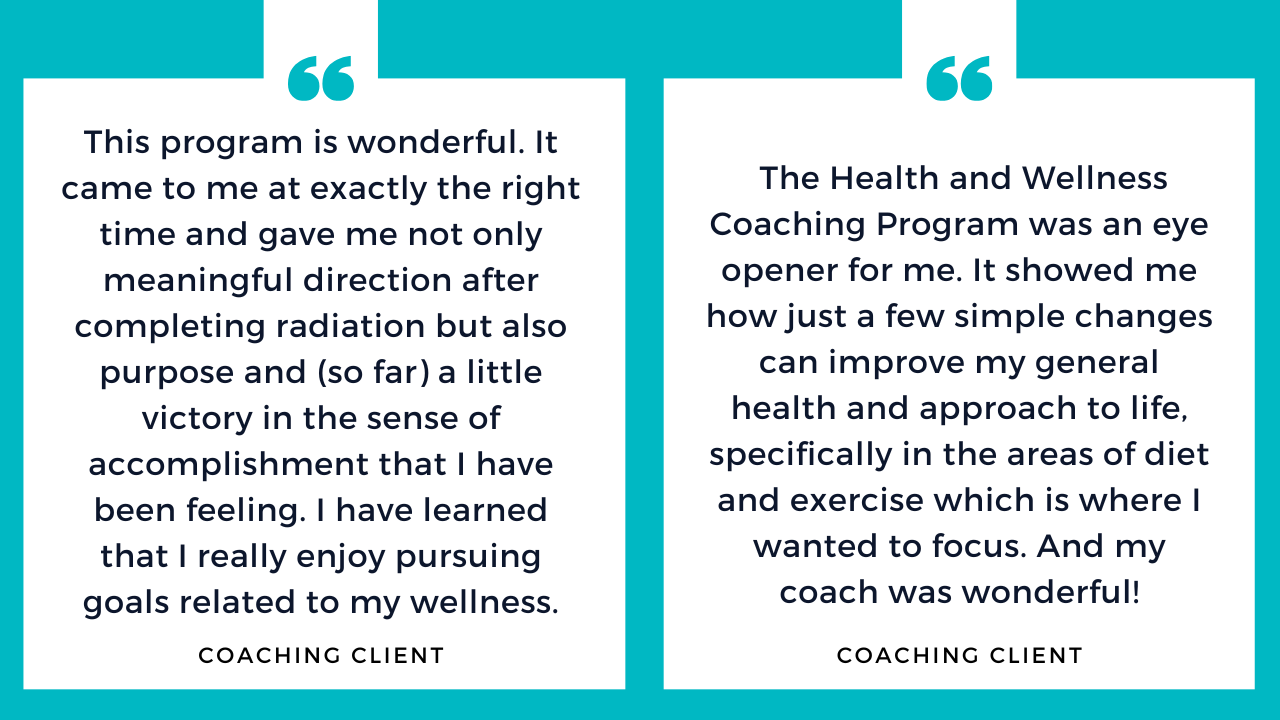
Healthy Futures
Healthy Futures was updated in 2024 with additional input from community members to make the activity book more fun and engaging. Healthy Futures activities are for children ages 5-8 to increase healthy behaviors related to reducing the likelihood of early puberty and lifetime breast cancer risk. Most popular among Girl Scout troops, participants receive a patch in the mail for completing healthy activities in 4 areas: physical activity, healthy eating, sleep, and stress management (feeling better). We also launched a Spanish-language version, Futuros Saludables, created with input from native speakers to ensure its accessibility and relevance.
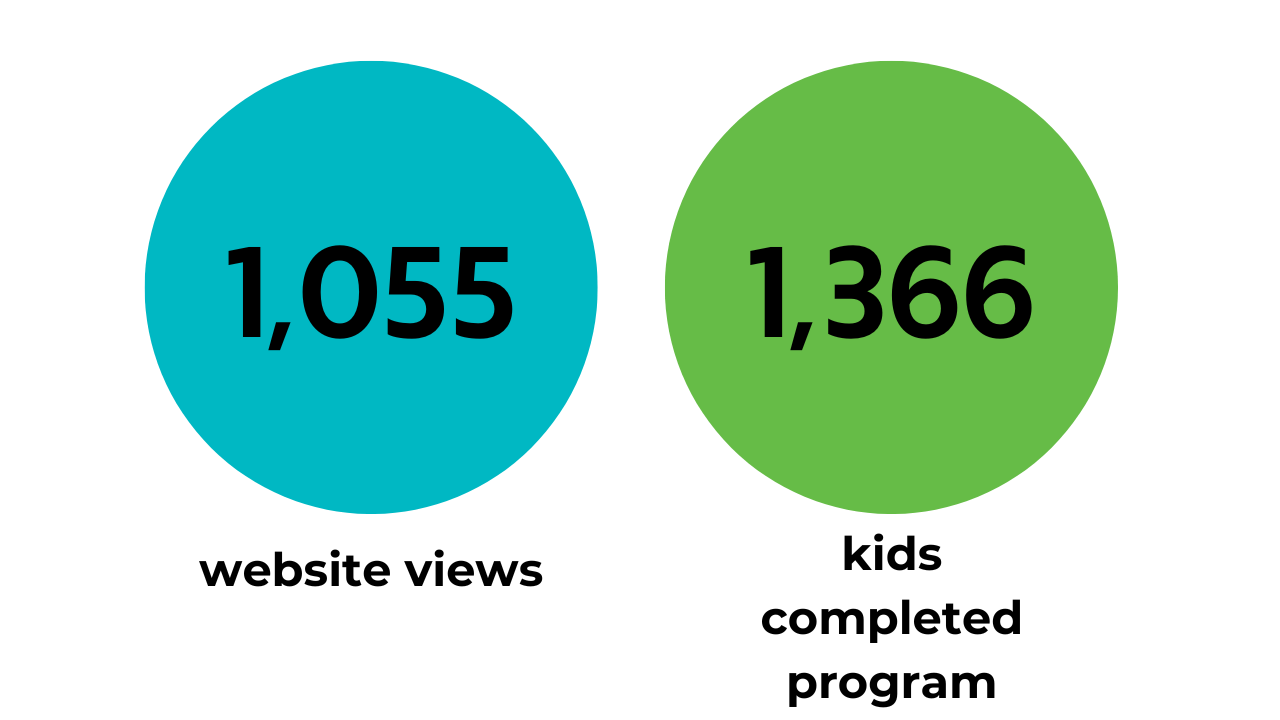
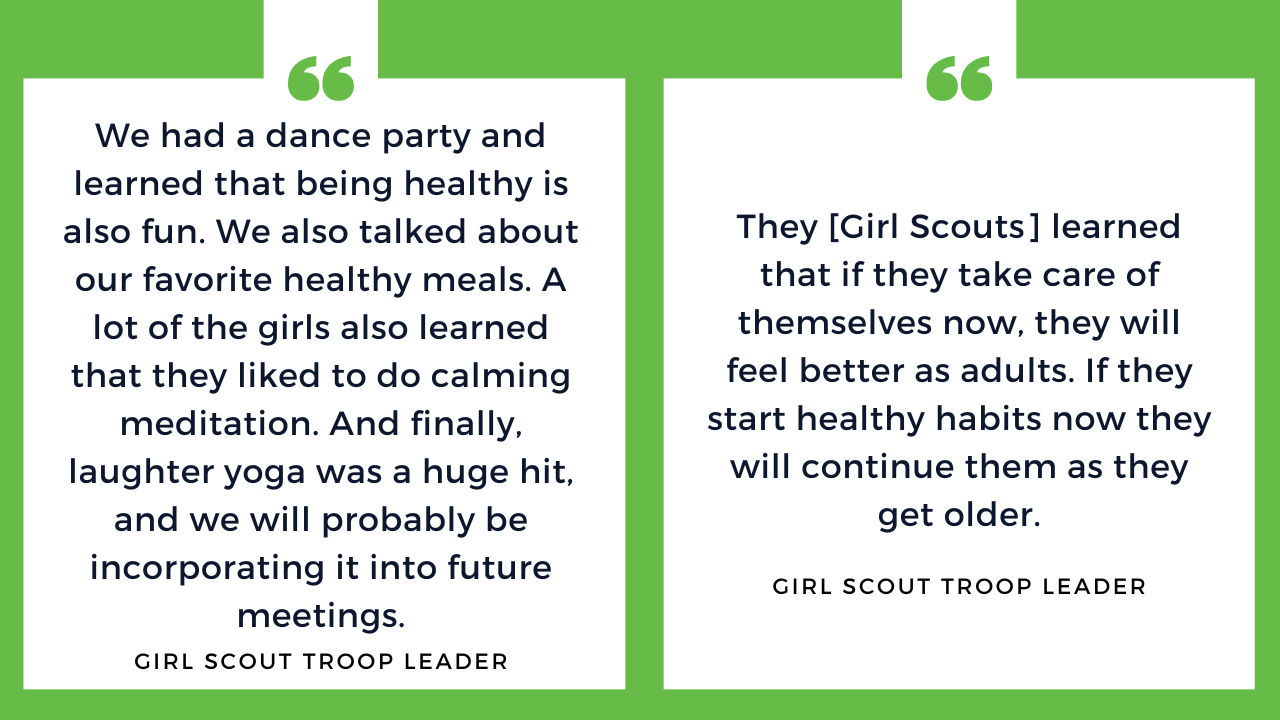
Webinars
In partnership with the Pathways Study, Zero Breast Cancer produced two webinars in 2024. “Genetics and Breast Cancer: Learnings From the Pathways Study and Clinical Practice” explored how lifestyle and environment matter for genetic risk. “Breast Cancer, Diet, and Heart Health: How the Pathways Study is Informing Lifestyle Medicine” explored the role of diet in heart health and how lifestyle medicine can improve health outcomes for breast cancer survivors during and after treatment.